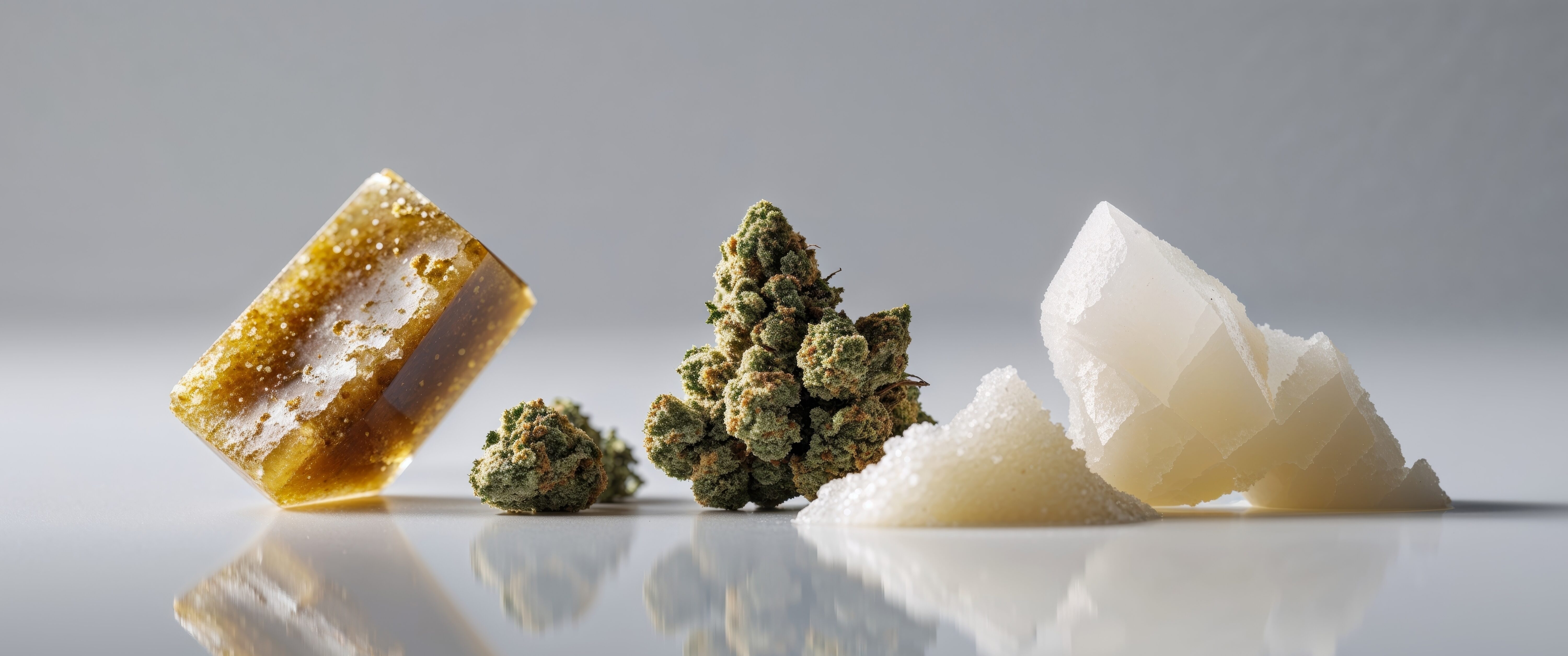
With marijuana and its derivatives, potency refers exclusively to the THC content. At this point, few people really care about any other chemicals present in cannabis, with the limited exception of the much-touted CBD.
THC potency matters a great deal to everyone involved in the cannabis debate, whether pro- or anti-. Unsurprisingly, users typically prefer high-potency products, because they make it easier to get and stay high. Anti-cannabis advocates worry that the higher potency will worsen THC’s negative effects.
Prior to the 1970s, the concentration of THC in marijuana rarely exceeded 1-2%. This was enough to trigger a good high, though it might result in dependency overtime. Over the last 50 years, marijuana growers have selectively bred herb marijuana to up to 42% potency, and processed hash products like wax, shatter,and black glass can contain up to 90%+ THC. The average THC content in legal products in states that permit recreational use stands at 15%.
With high-potency cannabis, it’s easier to get high on smaller amounts of product,and the highs may prove more intense and last longer. The same holds true physical effects, like dry mouth, increased heart rate, and sensations of cold in the hands and feet. Long-term use of high-potency cannabis also increases the risk of mental effects like psychosis, schizophrenia, social anxiety, paranoia, depression, lowered IQ, suicidal thoughts, suicide attempts. and suicide.
Some legal cannabis products are so high in THC they can sicken or kill an incautious user. For example, many cannabis cookies have such high potency that the labels explicitly state the user should eat no more than one-sixth of the product in order to get high. Numerous people have ended up in the hospital after eating whole cookies, and too many THC gummies.
To get the full story, check out the article here.

